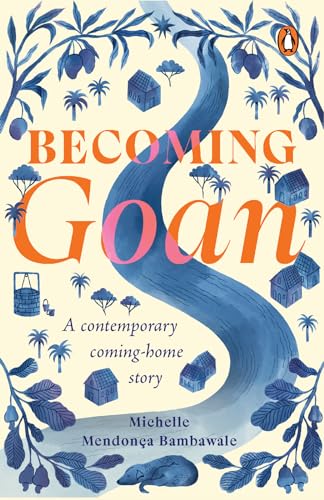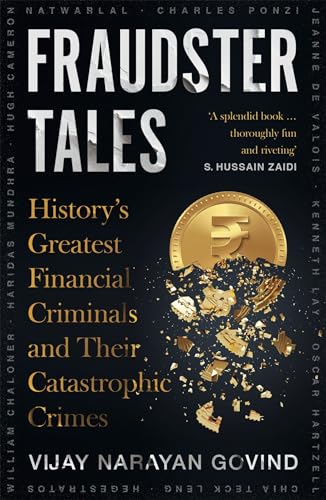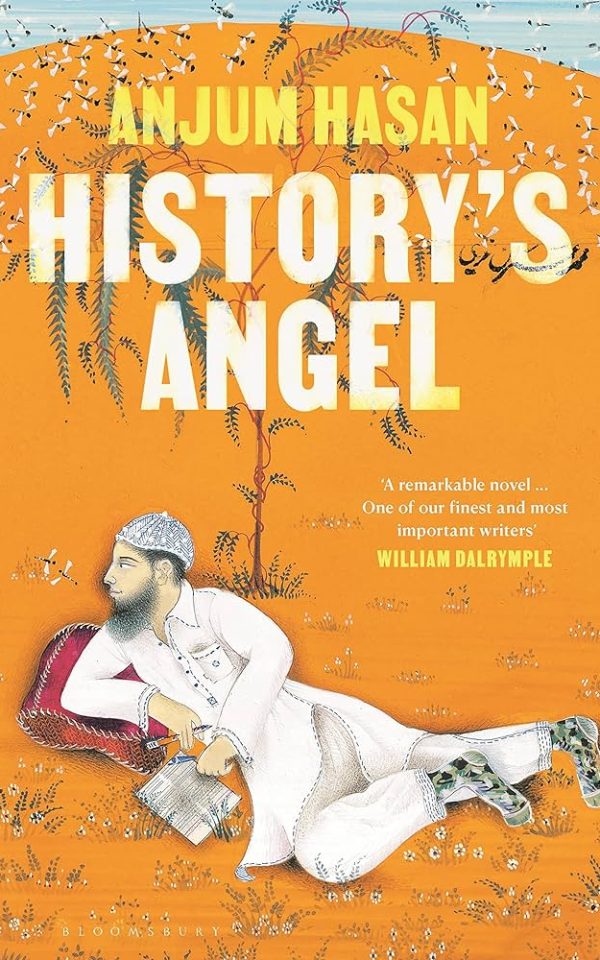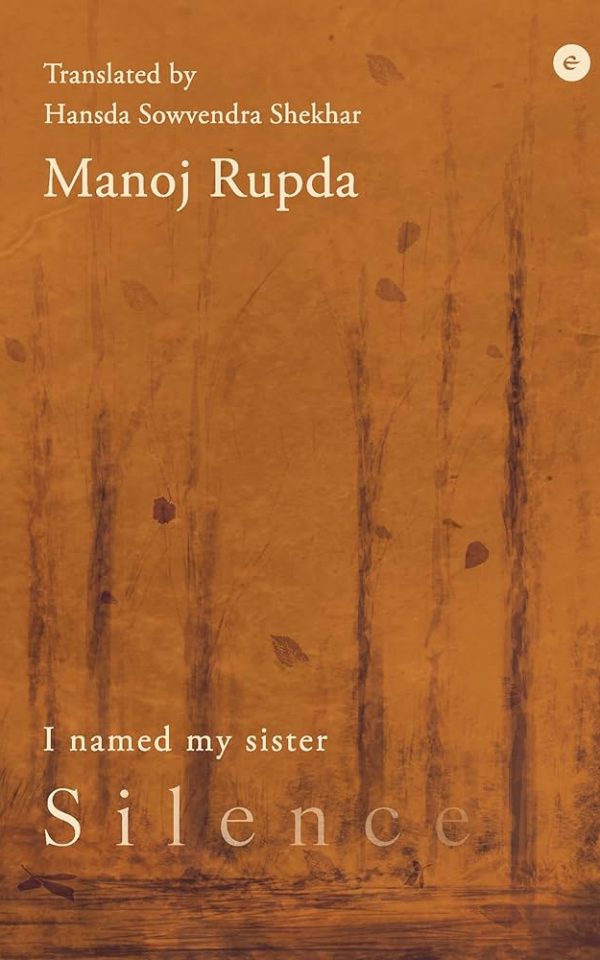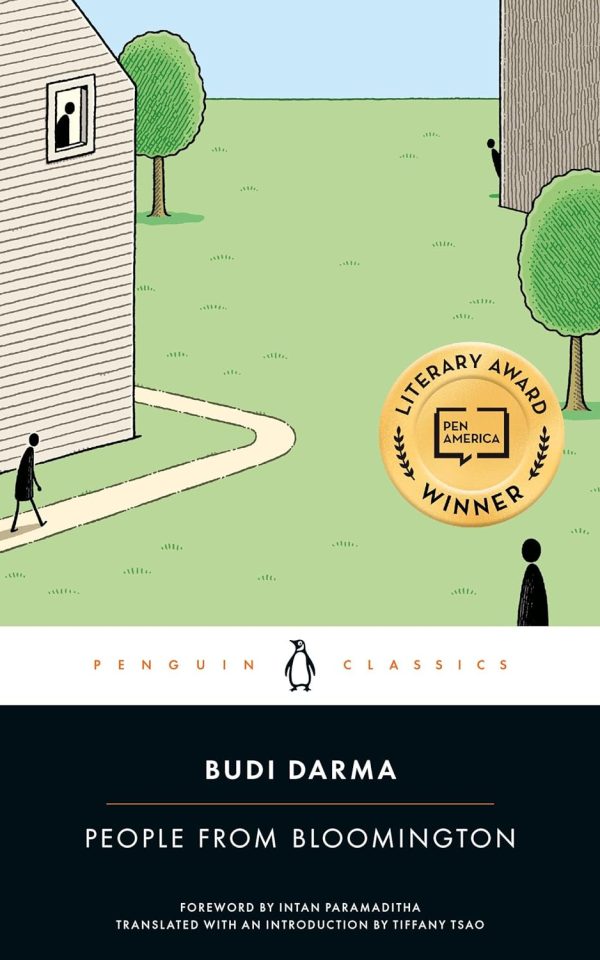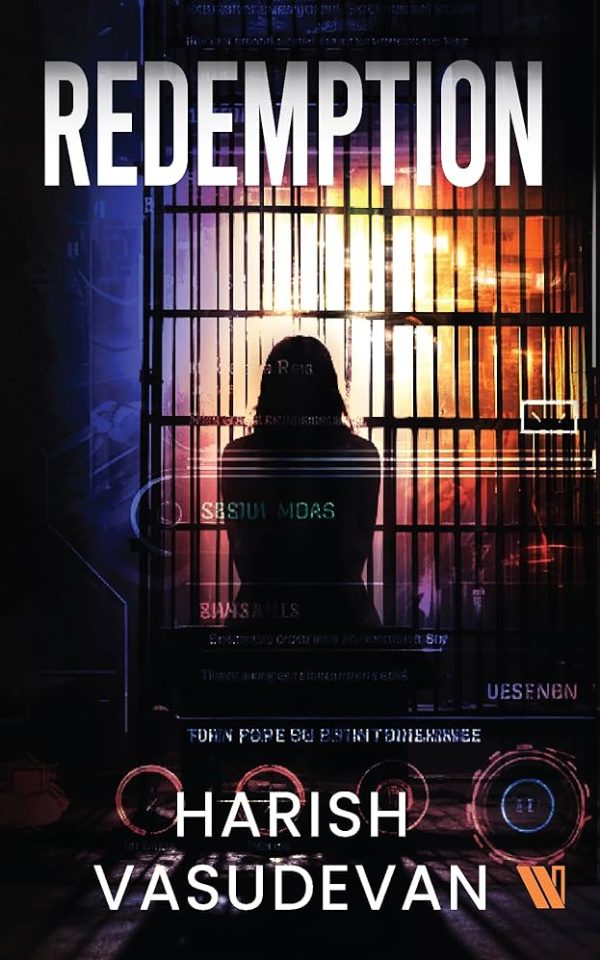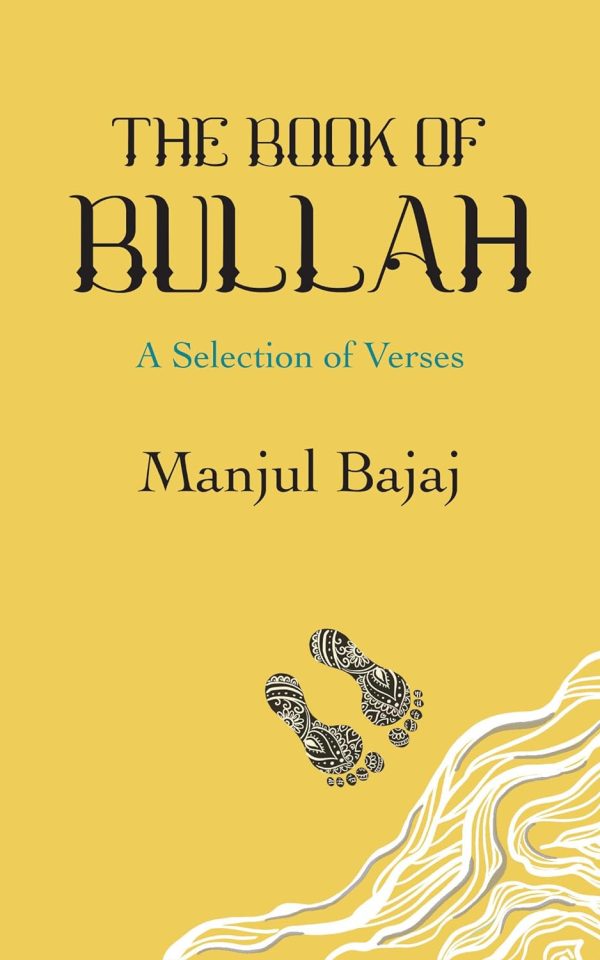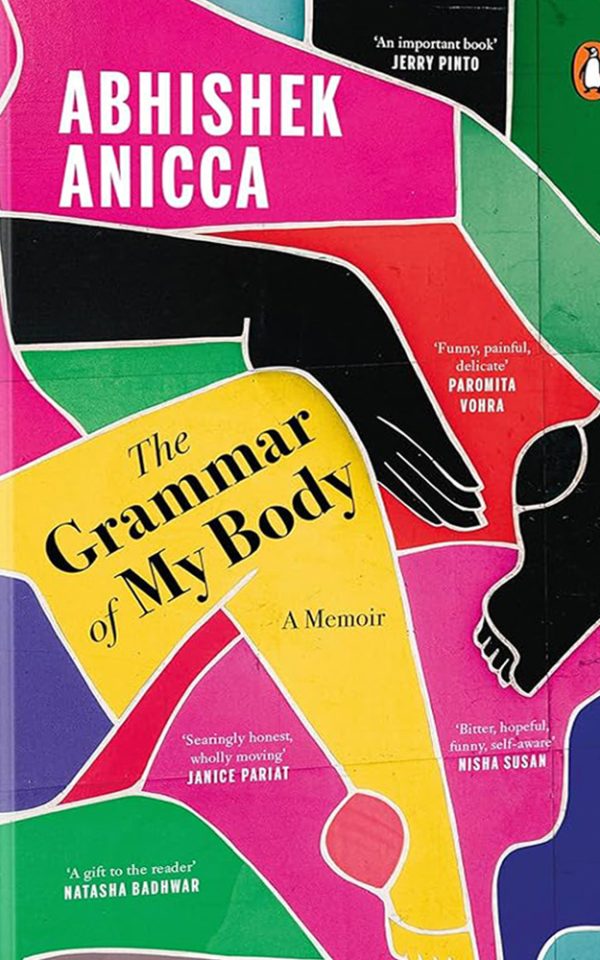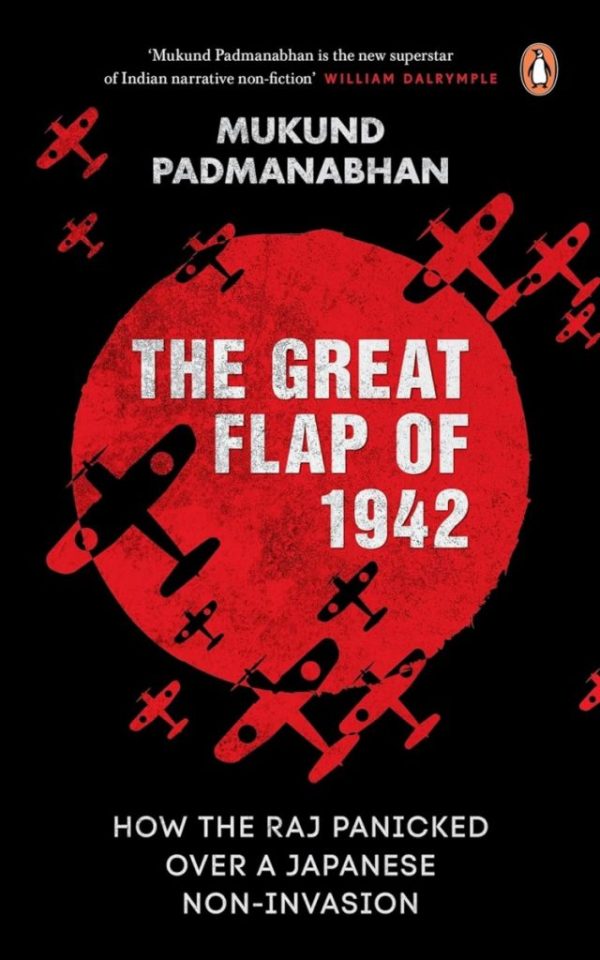Fraudster Tales
Girls Who Stray – Anisha Lalvani
Good Girl
Good Girls
In this richly unnerving tale about family secrets and expectations, two sisters are at lifelong odds with each other, their mother, and themselves―and as every hour becomes more twisted than the last, they are all pushed to their breaking point.
Lovely and Beauty know their place: at home, beneath the watchful eye of their mother. Life has never included friends, an education, or anything the sisters can call their own. Their comings and goings are supervised by Farida. Otherwise, they don’t come and go at all.
That changes on Lovely’s fortieth birthday. In a stroke of inexplicable fortune, Farida permits her eldest daughter to go to the Gausia Market alone, with no instructions but to abide by her curfew. For once on her own, Lovely is goaded by the voice in her head to push her mother’s―and her own―boundaries.
New experiences and old memories abound as her family awaits her return. But with the taste of freedom so fresh on her tongue, Lovely is spurred on by her disembodied companion to hang on to her newfound independence. When home isn’t a safe haven, Lovely must find somewhere else to turn.

